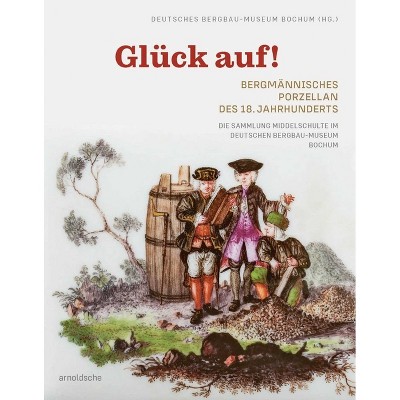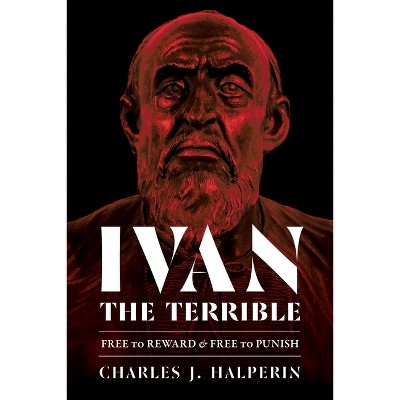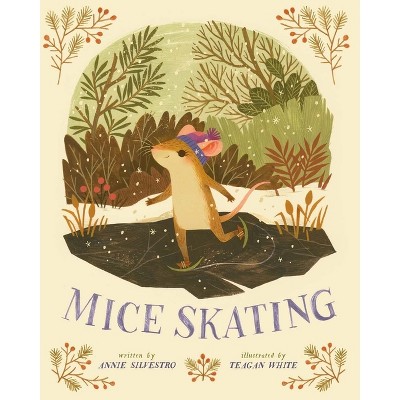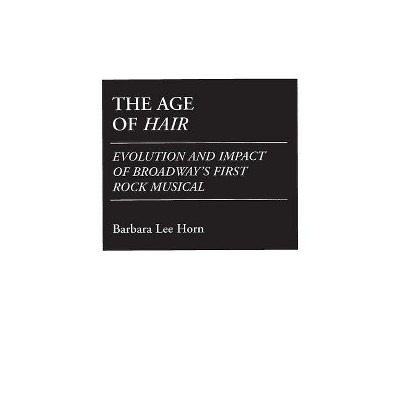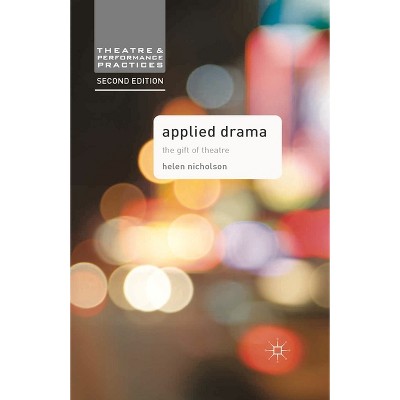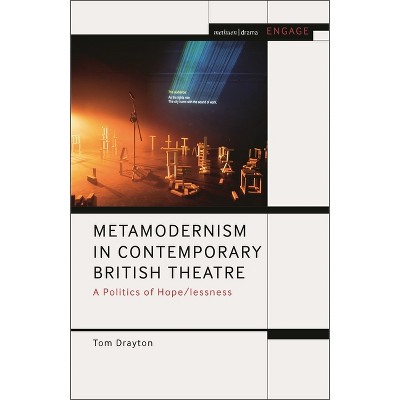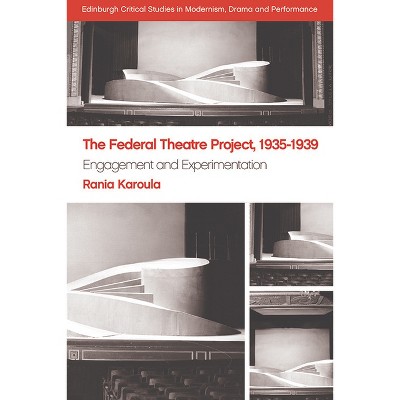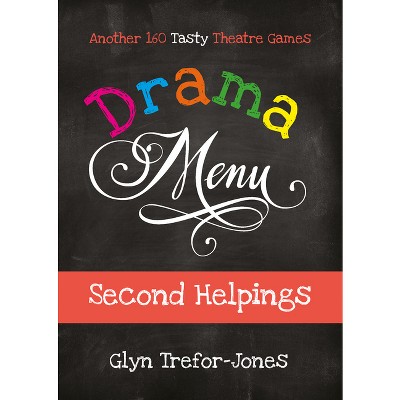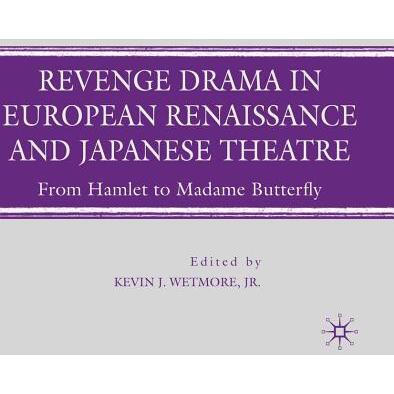Sponsored

Actor as Anti-Character - (Contributions in Drama and Theatre Studies) by Lesley Wade Soule (Hardcover)
In Stock
Sponsored
About this item
Highlights
- Working from the premise that the stage performer's primary functions derive from celebrative rituals, this book describes the figure of the actor as anti-character in premodern popular theatre.
- About the Author: LESLEY WADE SOULE is Lecturer in Drama at the University of Exeter, where she teaches directing, acting, theatre history, and the staging of Shakespeare.
- 216 Pages
- Performing Arts, Acting & Auditioning
- Series Name: Contributions in Drama and Theatre Studies
Description
About the Book
Working from the premise that the stage performer's primary functions derive from celebrative rituals, this book describes the figure of the actor as anti-character in premodern popular theatre. Particularly in plays belonging to the popular, performative tradition, the actor simultaneously impersonated and subverted the character of the playtext. By doing so, he affirmed the ritual-celebrative authority of the performer and audience over the ideological authority of the written text. Included are close analyses of three major playtexts in performance: Aristophanes' Frogs, the medieval mystery plays, and Shakespeare's As You Like It.
The introduction briefly lays out the basic theatrical theory underlying the phenomenon of actor as anti-character. The book then explores three paradigmatic figures: the god Dionysus, archetypal model of the comic actor; the Devil, as both farcical individual and wild demonic chorus, who brought carnival disruption to medieval religious drama; and the Elizabethan boy player of Rosalind in Shakespeare's As You Like It who, using the marketplace techniques of traditional popular performance, colluded with his rowdy audience to subvert a sophisticated character from a literary romance.
Book Synopsis
Working from the premise that the stage performer's primary functions derive from celebrative rituals, this book describes the figure of the actor as anti-character in premodern popular theatre. Particularly in plays belonging to the popular, performative tradition, the actor simultaneously impersonated and subverted the character of the playtext. By doing so, he affirmed the ritual-celebrative authority of the performer and audience over the ideological authority of the written text. Included are close analyses of three major playtexts in performance: Aristophanes' Frogs, the medieval mystery plays, and Shakespeare's As You Like It.
The introduction briefly lays out the basic theatrical theory underlying the phenomenon of actor as anti-character. The book then explores three paradigmatic figures: the god Dionysus, archetypal model of the comic actor; the Devil, as both farcical individual and wild demonic chorus, who brought carnival disruption to medieval religious drama; and the Elizabethan boy player of Rosalind in Shakespeare's As You Like It who, using the marketplace techniques of traditional popular performance, colluded with his rowdy audience to subvert a sophisticated character from a literary romance.Review Quotes
"This is a refreshingly original book, one which invites the reader to look again at the relationship between dramatic 'characters' and the actors who play them. As Lesley Soule shows, the debate about the paradox of acting is much older than Diderot. Where does the actor go when the character is in motion? Did the original audiences of As You Like It see Rosalind or the boy who played her? or both? With a dexterity that is, by any reckoning, extraordinary, Lesley Soule contrives to enhance our appreciation of dramatic literature by inviting us to read it with the eyes of a performer. The outcome is not a devaluing but a revisioning of plays. At the heart of this challenging book is a rare sensitivity to the arts and crafts of performance."-Peter Thompson author of Shakespeare's Theatre and Shakespeare's Professional Career
About the Author
LESLEY WADE SOULE is Lecturer in Drama at the University of Exeter, where she teaches directing, acting, theatre history, and the staging of Shakespeare. She has published translations of Slovenian plays, as well as scholarly articles on medieval and Elizabethan drama. She is coeditor of the journal Studies in Theatre and Performance.Shipping details
Return details
Frequently bought together
Trending Non-Fiction







